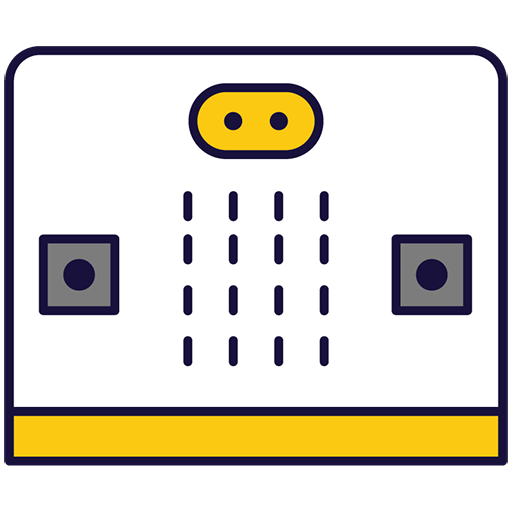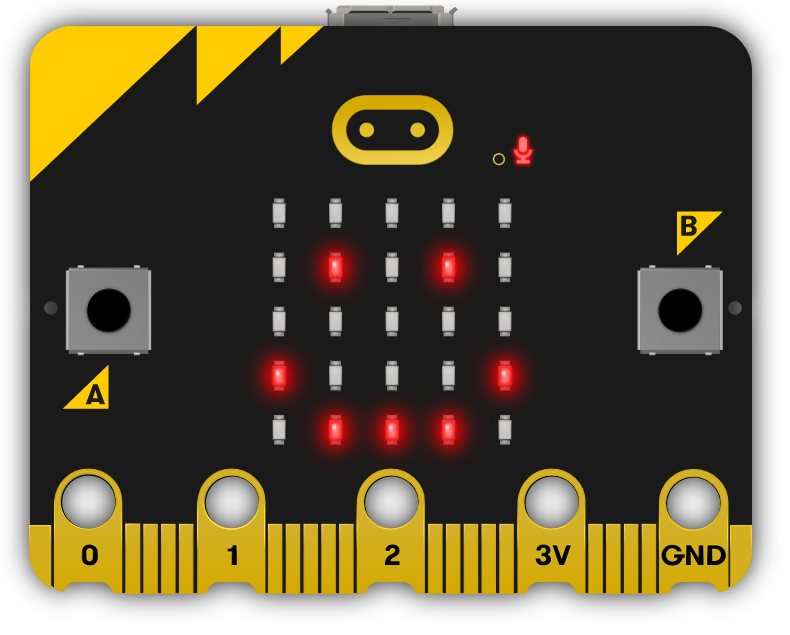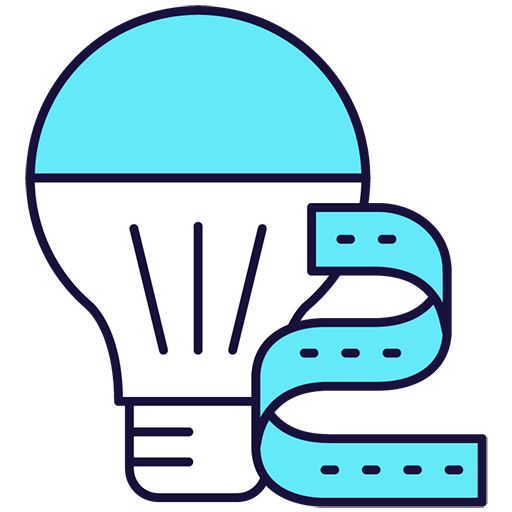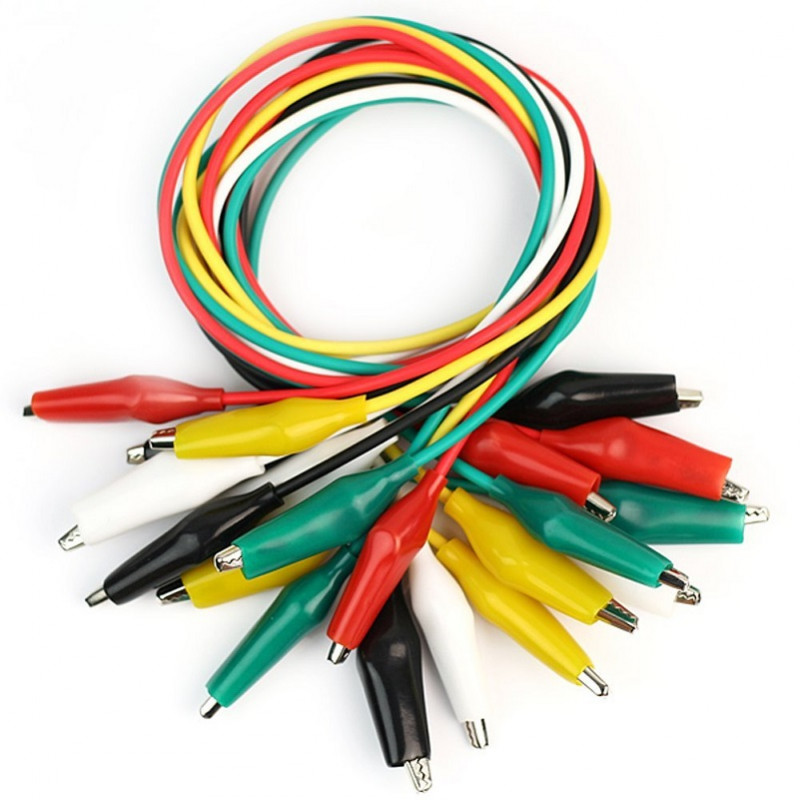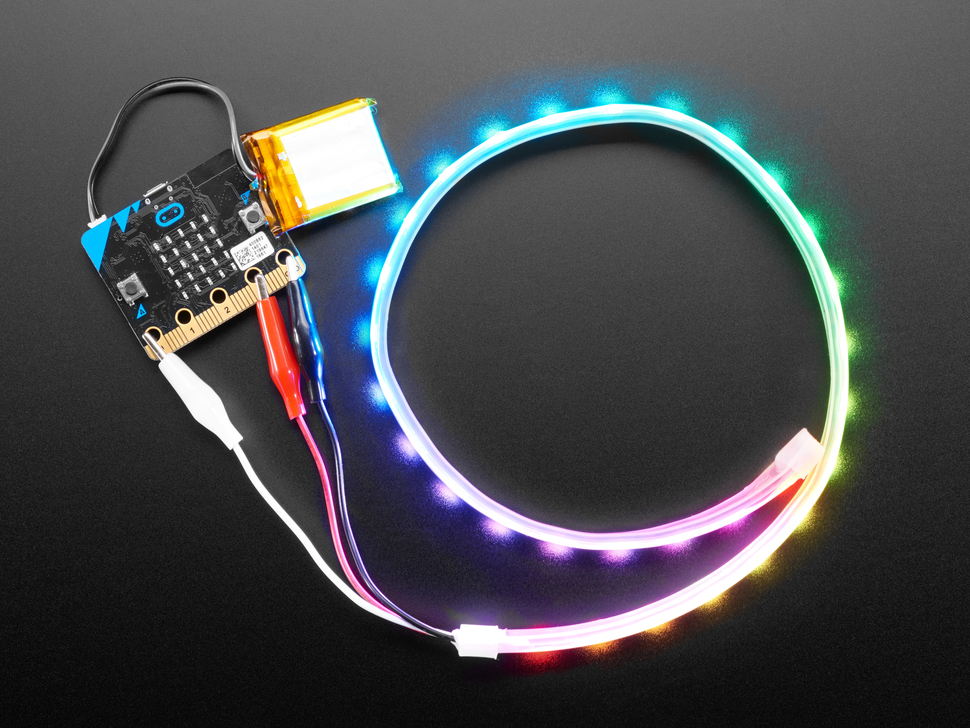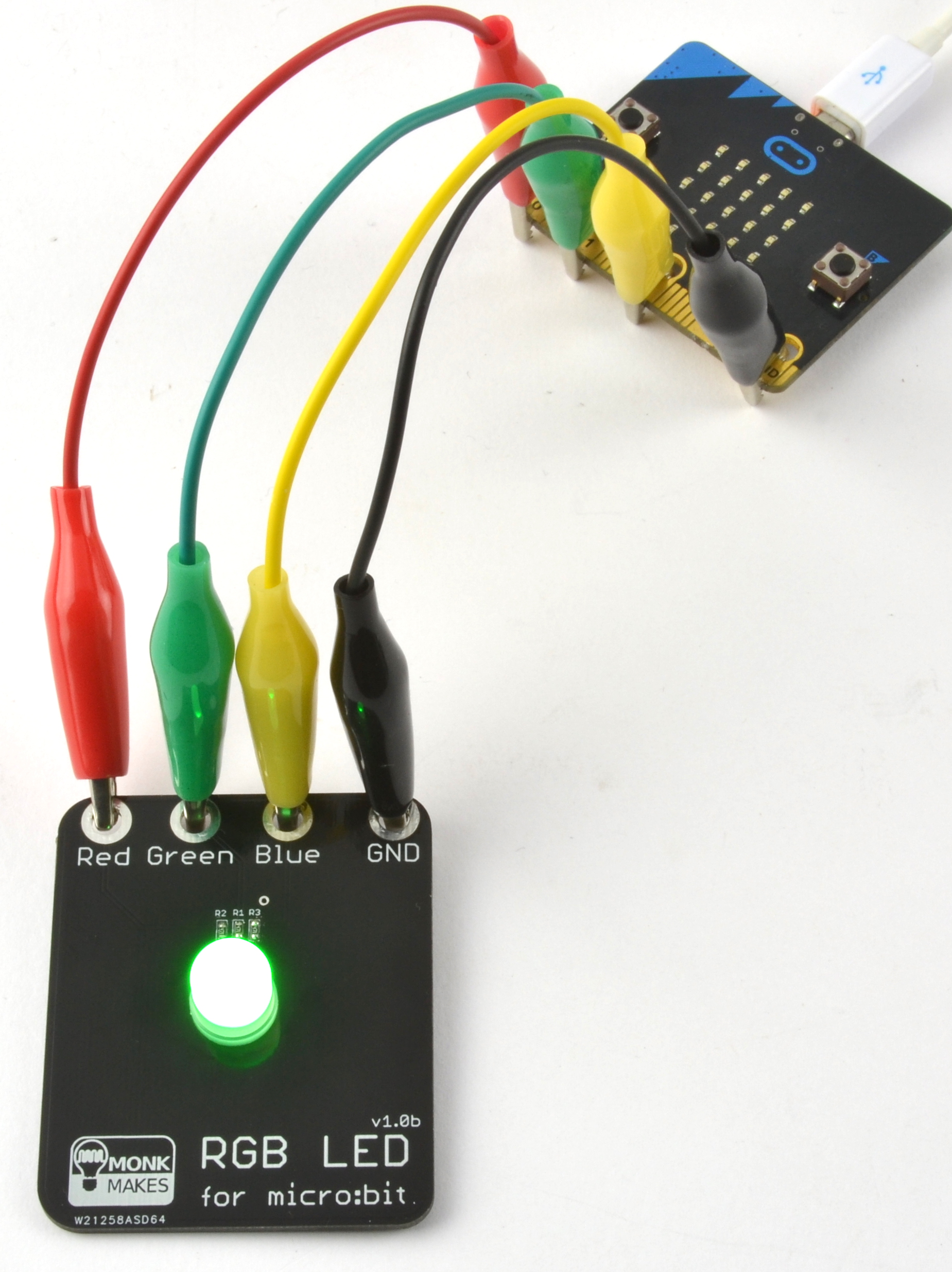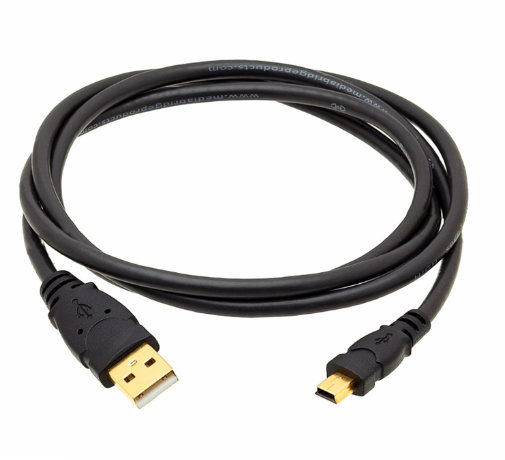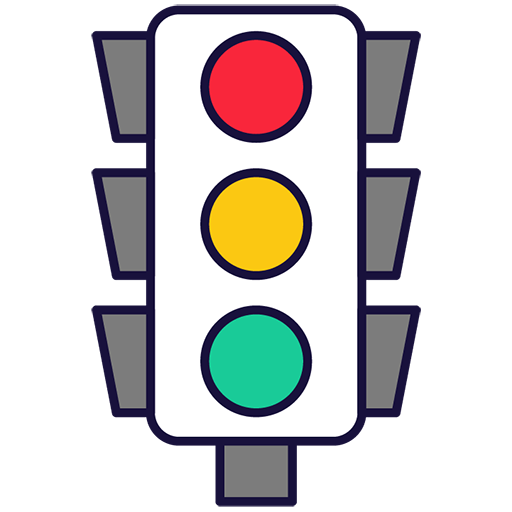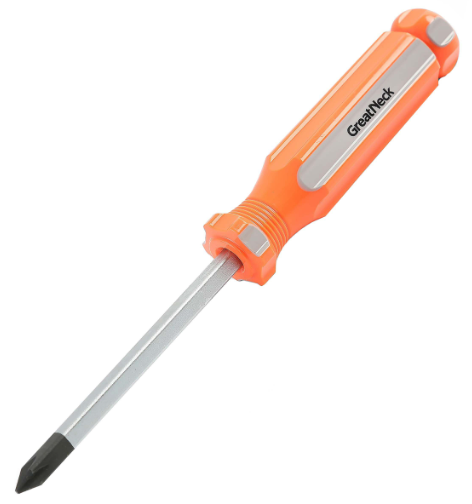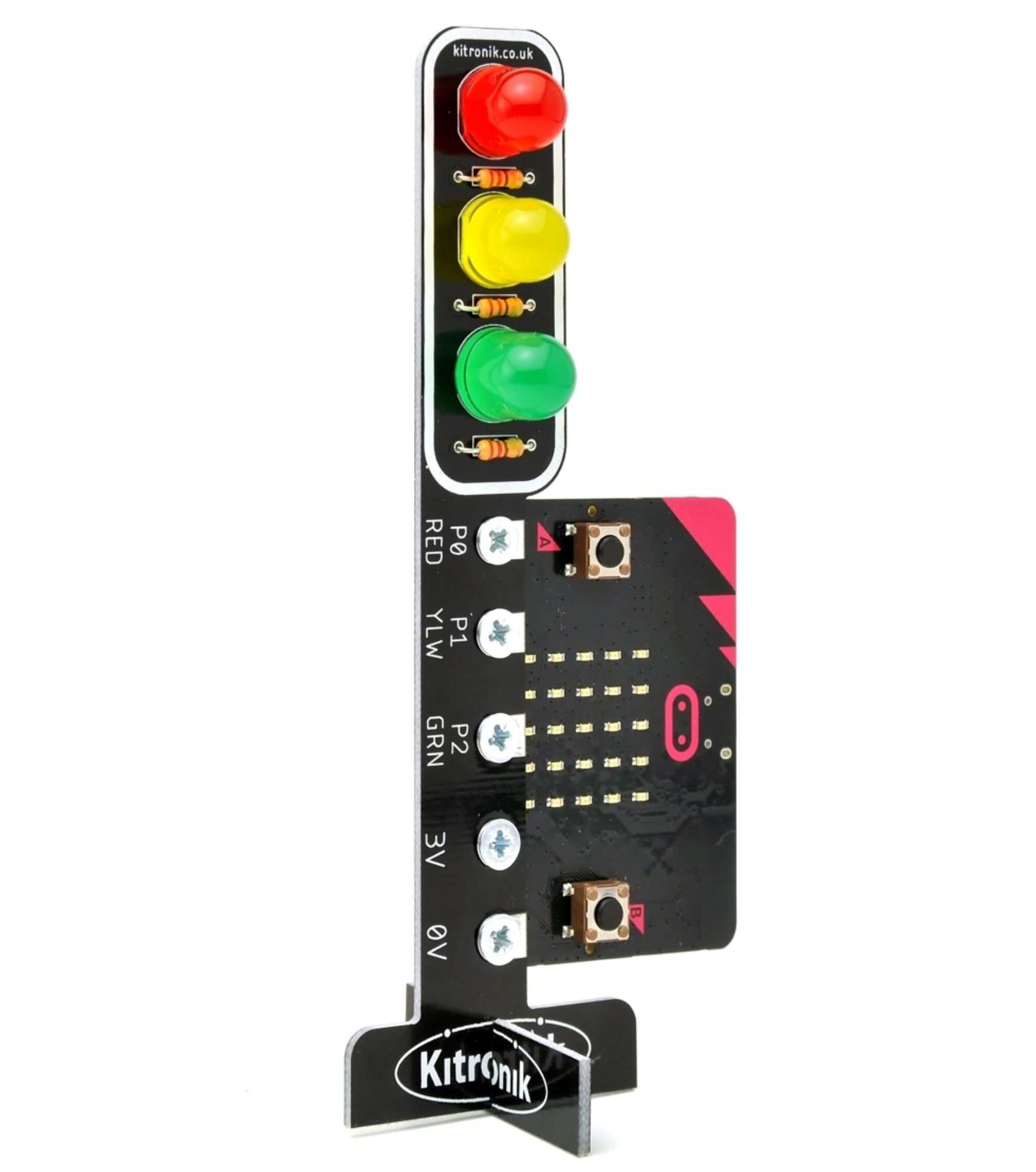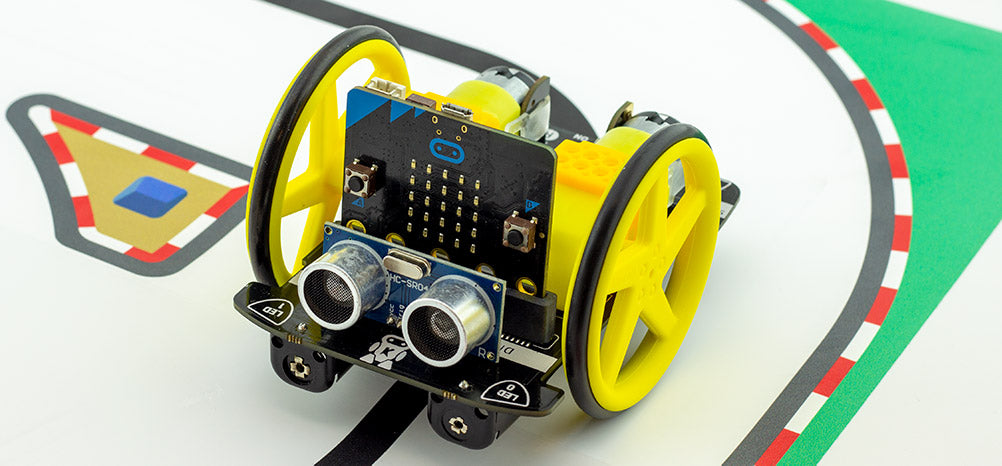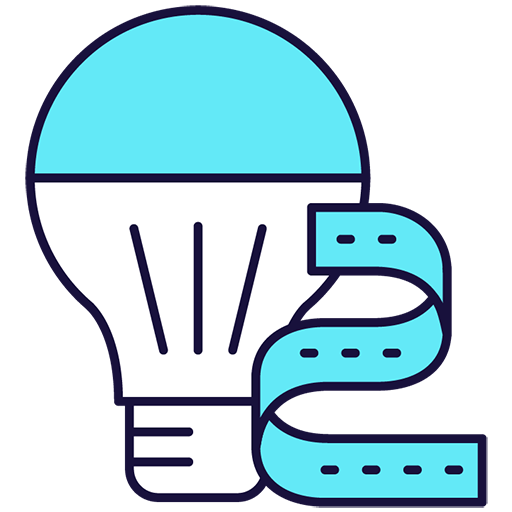Showing
courses for
Introduction to Robotics
Introduction to Microbits
Shining Bright: Explorations with LEDs
RoboTraffic Regulators
Adventures in Robotics: Mastering Vehicles
Luminous Playgrounds: Advanced LED
Microbit Innovations: Advanced Applications
Life Skills You'll Gain
Ready to level up your life skills? Learning about Robotics is a great way to do it! Check out some of the abilities you'll develop as you become a pro.
Problem-solving
Requires breaking down complex problems into smaller, manageable tasks, and then finding solutions to those tasks.
Critical thinking
Requires understanding the logic and structure of a program or robot, and being able to think critically about how to improve it.
Creativity
Allows students to express their creativity by building their own programs, games, art and other digital projects.
Persistence and grit
Can be challenging, and learning it often requires a lot of trial and error which develops persistence and grit as they work through difficult problems.
Collaboration
Often done in teams, and students learn how to work effectively with others and communicate their ideas effectively.
Entrepreneurial skills
Can be used to develop and design websites, mobile applications, software and robots. This can be used to start a business venture or to create a startup.
Technical literacy
Can help students develop their understanding of technology and how it works, which can be useful in many areas of life.
STEM skills
Often requires a combination of science, technology, engineering and math, and students who take robotics courses may develop their STEM skills and knowledge.
Spatial awareness and dexterity
Helps students develop their spatial awareness and dexterity, as they work with small parts and machines.
Communication
Students learn to express ideas effectively, collaborate, and provide feedback to achieve successful outcomes.
Discover Your Dream Career
Wondering where your Robotics skills can take you? Check out these potential careers to discover your options.
Artificial Intelligence Engineer
They create computer programs that can think and make decisions like a human.
Robotics Engineer
They design and build robots, making sure they work properly and do what they're supposed to do.
Mechatronics Engineer
They work on both mechanical and electronic parts of robots, making sure they can move and function properly.
Control Systems Engineer
They design the software that controls robots, making sure they can follow instructions and make decisions.
Robotics Technician
They build and repair robots, making sure they are always working correctly.
Human-Robot Interaction Designer
They design the way people interact with robots, making sure it is safe and easy to use.
Robotics Researcher
They study how robots work and how they can be improved, helping to create new and better robots.

 Coding
Coding
 Robotics
Robotics
 Digital Art & Animation
Digital Art & Animation
 Artificial Intelligence
Artificial Intelligence
 Cyber Security
Cyber Security


